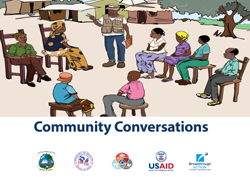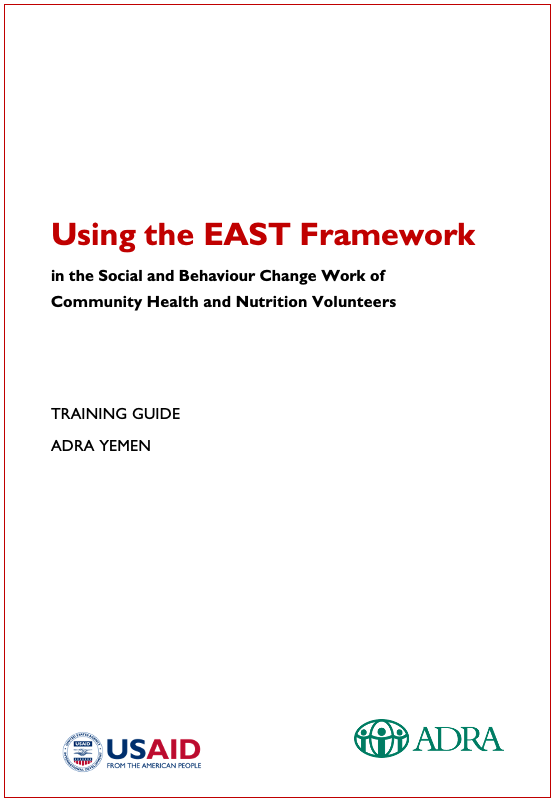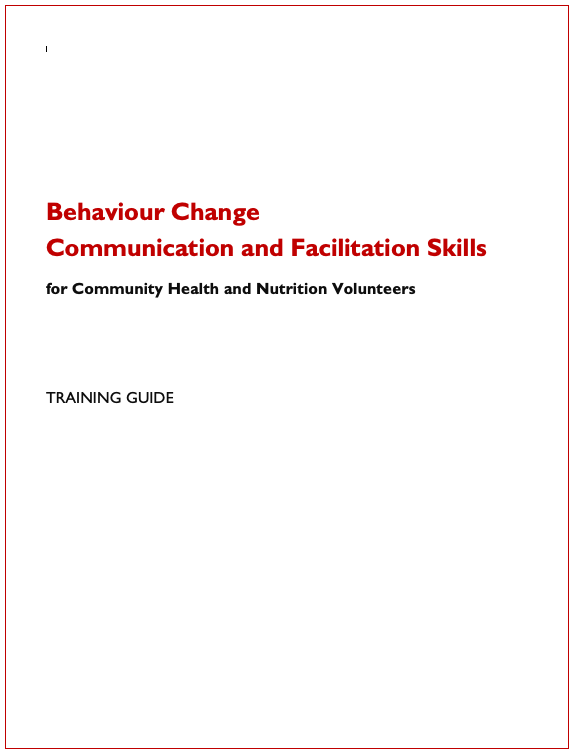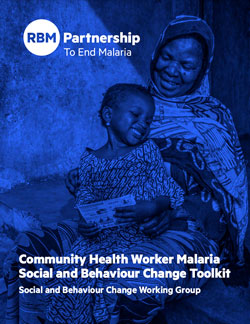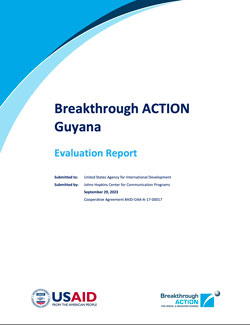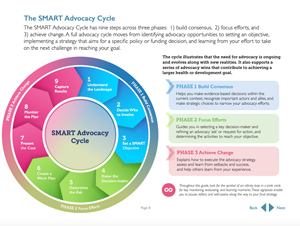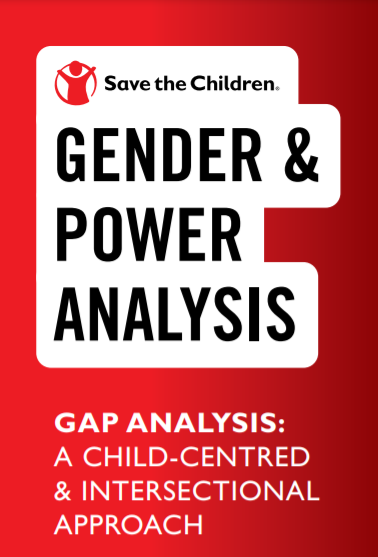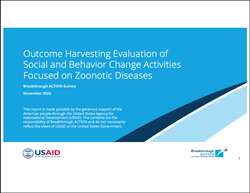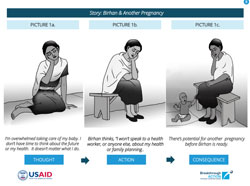SMART Advocacy
Advocacy is action by individuals or organizations designed to influence the decisions of individuals or groups. The most skilled advocates focus energy and attention on actions that have the highest potential for impact in the near-term. These incremental changes—termed “advocacy wins”—are discrete policy and funding decisions critical to advancing
an issue.
The SMART Advocacy approach provides a framework to achieve the near-term advocacy wins needed to reach broad, long-term goals. SMART Advocacy focuses on decision-makers—that is, the specific people with the power to act on requests from well-prepared champions. It prepares advocates to anticipate what information and insights will convince a decision-maker that taking a particular action will achieve their goals and yours.
The success of SMART Advocacy rests on identifying what can be achieved within discrete timeframes and which policy change has the potential to advance a larger, long-term goal. applies each of these elements to the advocacy process.
SMART Advocacy is one way of advocating. Rather than seeking reform through tactics like activism or mass media campaigns, SMART Advocacy seeks to reach and work with a specific person who controls the lever of change. It emphasizes the benefits of a specific policy or budgetary change that is within the control of the key decision-maker. SMART Advocacy helps match the advocacy objective to those with the authority to make changes—policymakers, government officials, private actors, or donors.
Last modified: April 5, 2024
Language: Bangla, English, French, Spanish
Source: Johns Hopkins Center for Communication Programs
Year of Publication: 2023

